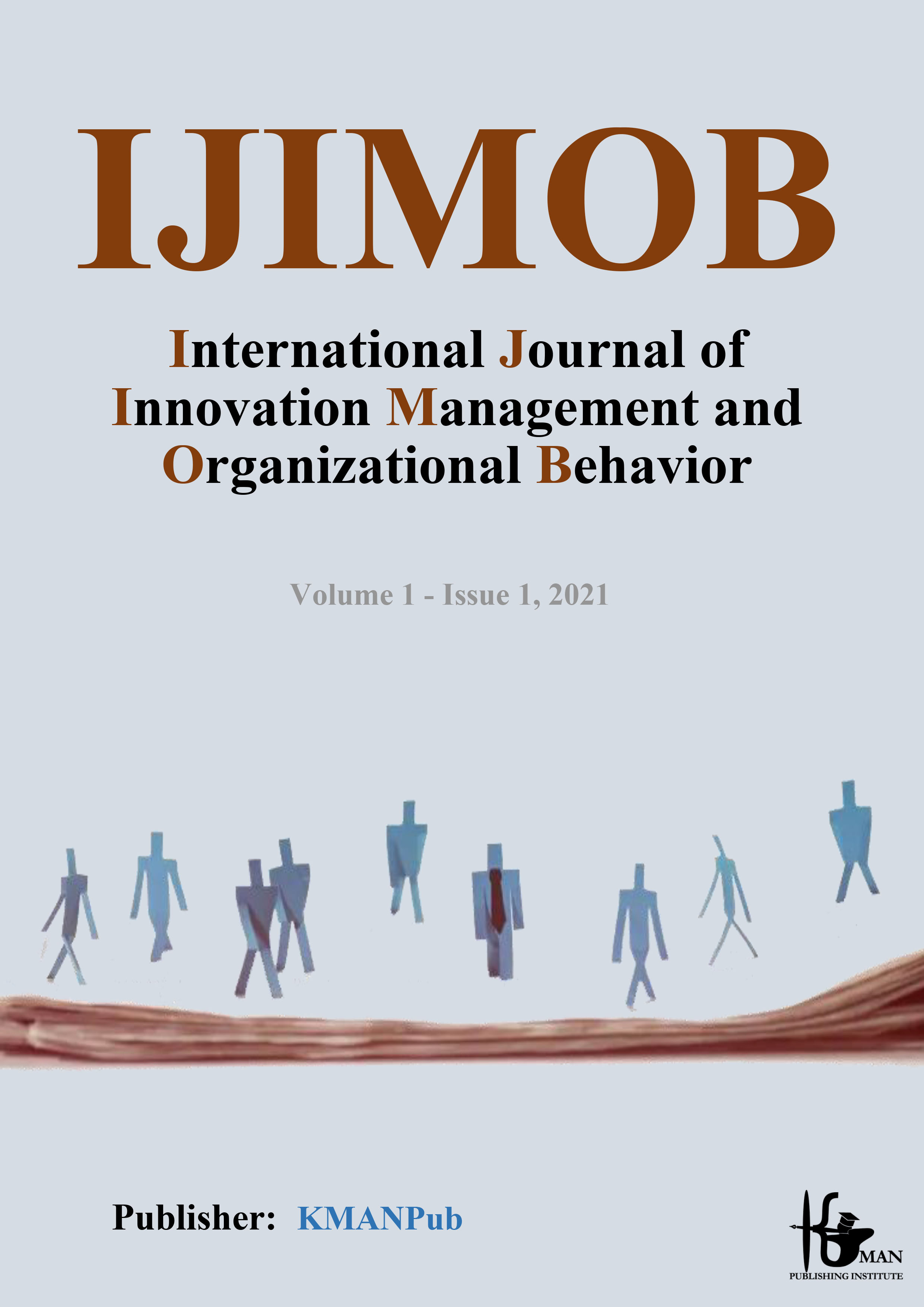Basics of criminalization in Iran in administrative jobs
Keywords:
Criminalization, jobs, administrationAbstract
Background and purpose: This article aims to examine the basics of criminalization in Iran in administrative offices. Methodology: The research method is a descriptive-theoretical approach that, while reviewing the basics of criminalization, it expresses the records, regulations, backgrounds, the views of different experts, books, and articles published in this field. Results: The review of the theoretical background showed that criminalization is one of the subjects studied in the field of criminal law, which determines the criminal actions (actions and omissions) in the punishment. In the current era, due to the systematization of governance structures in various dimensions and the expansion of public and private organizations, violations and administrative corruption have become one of the basic challenges in the field of social sciences, sociology, psychology, criminology and especially criminal legislation in Iran, and conflicts have taken many. In Iran's administrative law, boards for dealing with occupational violations, including important supervisory mechanisms in executive administrative bodies, have been formed to realize the rule of law and justice and to create order in the administrative system to govern employees' behaviors working in the office environment. Some of the crimes committed by people working in administrative jobs are violations that must be reported to administrative violation boards, and these bodies are obliged to handle them, and this obligation is not only moral, but the Iranian legislature has set a guarantee of implementation for it. The extent of criminalization and the amount of government criminal intervention in various fields, including administrative jobs, are closely related to the type of political system of each country, the ruling ideology, and finally, the type of its criminal policy model that the main and general strategies are often reflected in the constitution. Conclusion: In general, criminalization is a process by which the legislator, taking into account the basic norms and values of the society and relying on his accepted theoretical foundations, prohibits the current act or omission; It also imposes a guarantee of criminal execution. In Iran's criminalization, examples have been set for occupational crimes that need to be changed.
Downloads
Downloads
Published
Issue
Section
License

This work is licensed under a Creative Commons Attribution-NonCommercial 4.0 International License.























